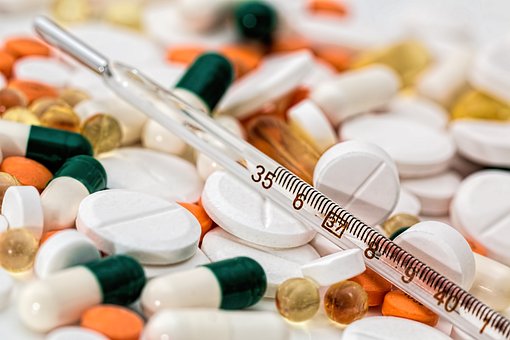Summary
Substance abuse is on the rise and it's increasingly getting higher. There are several ways drugs and alcohol can negatively impact you and those around you. Even though it may be difficult to seek help at times there are options available. Due to the rise of substance abuse there are seemingly more options available.
The Fact is…
There is evidence that some mental health issues make people more likely to become addicted to drugs and alcohol. Alcohol is a chemical that depresses the body and can have a detrimental impact on thoughts, feelings, and behavior. The consumption of alcohol can lead to agitation, a lack of motivation, and significant mood swings, as well as more tension and worry. Alcohol can also exacerbate pre-existing mental health conditions or help them develop over time. It is known to have an instant impact on the brain.
Sleep Patterns Altered
Alcohol may aid in sleep onset and maintenance during the first half of the night, but it is likely to cause sleep disruptions during the second half of the night, which is the more critical phase of our sleep cycle. Your capacity to operate during the day and your general quality of life can both be negatively impacted by poor sleep, which also has an impact on your mental health and wellness.
Frequent Consumption
Drinking alcohol alters brain chemistry and depletes substances that are naturally helpful in reducing anxiety. As a result, we could experience more tension, anxiety, or depression and believe that we need more alcohol to help us deal with these emotions. This is why drinking alcohol to unwind or deal with stress can, over time, lead to more stress, anxiety, and depression, as well as more alcohol usage in general. According to research, people who admit to using alcohol to “self-medicate” their moods are more likely to become alcohol dependent. Alcohol consumption may contribute to the emergence and advancement of mental health disorders.
Alcohol statistics and mental health
In addition to increasing the probability of developing a mental health disorder, alcohol
dependence is more likely to occur in those who are already dependent on alcohol. For instance, the risk of depression doubles for people who use alcohol excessively.
Additionally, it is usual for people to report feeling more anxious after consuming alcohol. This can happen during the “hangover” time and is referred to as “hangxiety.
Now What…
It is important to know how alcohol and drug consumption over a period of time can alter the brain and change a person from the inside out. Many people are aware of treatment programs such as Alcoholics Anonymous; however, don’t seek the treatment they need. In some instances, it could be lack of knowledge, or due to the stigma of having a “problem.” It is imperative for us to be aware of how serious our mental health can be impacted. Oftentimes people use alcohol or drugs as an escape mechanism; however, as we’ve learned throughout this article it is important to face our stress head on.
Options are Available…
Alcoholics Anonymous is not the only program available to help those facing the battle with alcohol. With mental health awareness on the rise, there are many more options available that allow people to continue to live their lives normally without the restriction of being confined in a rehabilitation facility. There are 4 levels of care which include outpatient, intensive outpatient/ partial hospitalization,residential, and intensive impatient. If you’d like to see which option works best for your circumstance there are assessments available to see which option would better suit your needs. There are also methods to discuss your concerns with a physician from the privacy of your home. Do not feel alone, HELP IS AVAILABLE.


